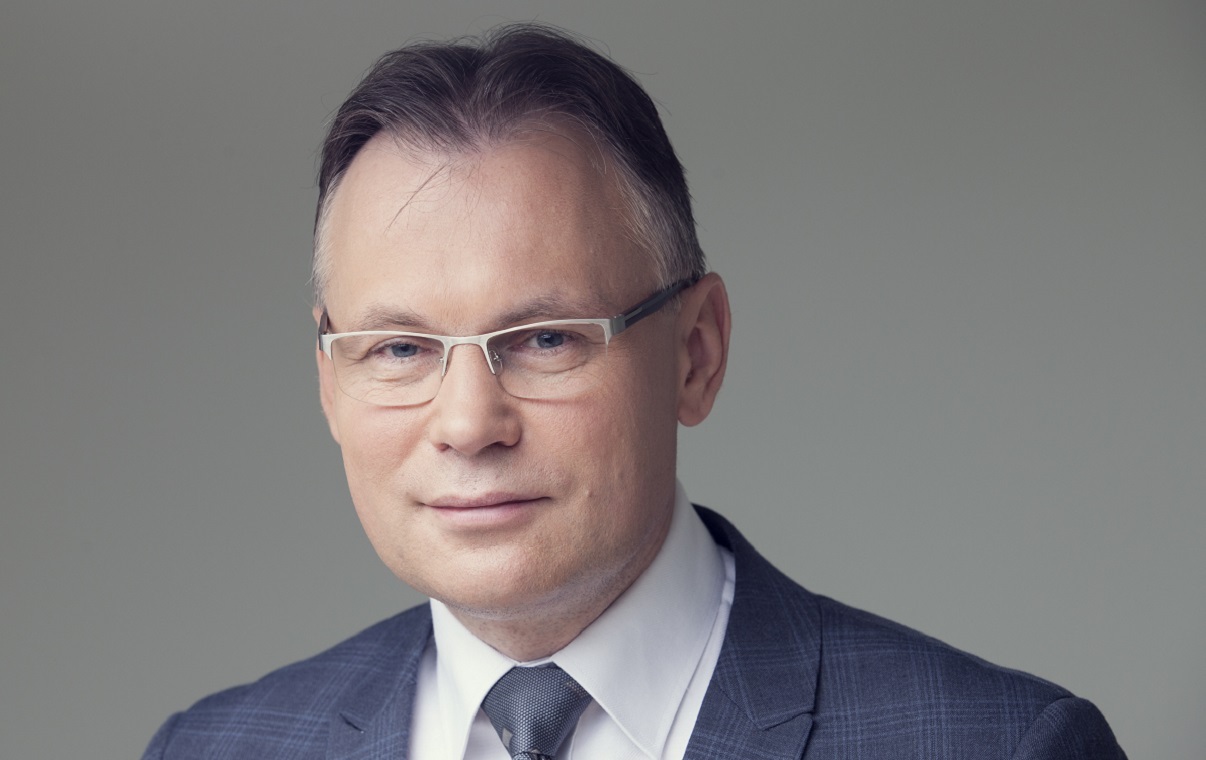“Germans' knowledge of World War II was very limited. Especially about Poland. Therefore, if this idea is implemented without the participation of the Polish side, we can count on the deepening of the German narrative that our western neighbor survived World War II, has settled accounts and currently has the full right to implement its policies without the burden of history. “I am afraid that the so-called “Polish-German” project, but in practice implemented by Germany, will continue to be an element of German historical propaganda,” Arkadiusz Mularczyk, a PiS lawmaker and former deputy head of the Ministry of Foreign Affairs, told the wPolitce.pl portal.
wPolityce.pl: What exactly is the initiative called “Polish-German Home”? Yesterday, “Die Welt” illustrated progress in this regard. It is primarily intended to cover the period of World War II. Doesn't this seem like an attempt to “avoid” reparations?
Arkadiusz Mularczyk: It should be emphasized that this initiative was created about a year ago. I think it is also related to our diplomatic initiatives abroad. It was a controlled formula to meet Polish expectations.
I know that this is a project of the German Ministry of Culture, but unfortunately it is being implemented without the participation of the Polish side. I mean, of course, the government – Germany, yes, has found a partner in Poland, but they are not a partner of the government.
They were preparing a certain concept of the Polish-German House, but it was difficult to agree on this name, since it was the Germans who were the main authors and initiators. I think a lot of this was a certain formula to make ends meet, to break free, but completely controlled by the Germans. And it is Germany that should build the narrative and shape this formula. However, if a Polish-German DPR is being built, cooperation will have to take place at government level. There is no such situation.
Even when I was Deputy Minister of Foreign Affairs, I wrote to Minister Claudia Roth and emphasized that this must be done with Polish-German cooperation. I was told that there were Polish institutional partners, but no government partners.
As the historian responsible for working on this initiative wrote in Die Welt, one of its aims was to “break stereotypes”. But in fact we can include many different things in “stereotypes”, perhaps for example historical facts with which Berlin is not entirely comfortable?
Germans' knowledge of World War II was very limited. Especially about Poland. Therefore, if this idea is implemented without the participation of the Polish side, we can count on the deepening of the German narrative that our western neighbor survived World War II, has settled accounts and currently has the full right to implement its policies without the burden of history.
I am afraid that the project called “Poland-Germany”, but in practice implemented by Germany, will continue to be an element of German historical propaganda.
Do the Donald Tusk administration's recent actions regarding the Institute of War Losses suggest that we can forget about reparations from Germany?
Today, it is clear that Donald Tusk has completely given up on our historical policy or pursuit of soft power in cooperation with Germany.
This is complete subordination, dependence, even slavery. The closure of the War Losses Institute, the dismissal of all the authors of the report, the entire Board of the Western Institute, shows that Donald Tusk, whether intentionally or not, handed it over to Mr. Grabiec, de facto closing Poland's eyes and ears to relations with Germany. What happened was a capitulation, even a clear signal to Germany that we remove all difficult topics from the agenda of Polish-German relations. We implement your concept. I also assume that Donald Tusk didn't do this for free.
And even before he took over as prime minister, German media wrote that Donald Tusk might be a more difficult partner than PiS.
(Laughter). The German media tried to build a legend of Tusk as a more demanding partner than previous governments, but after the first few decisions, it was clear that Donald Tusk was pursuing a policy of complete surrender. This sent a clear signal to Germany that it was giving up on difficult topics, and as a consequence, Berlin would have significant influence in Polish politics, and Warsaw would adopt the German point of view. He wasn't going to throw dirt at the Germans.
And this also applies to eastern policy – when will Germany decide to end this war because it needs to get back to business with Russia?
I think that will happen. Until the European Parliament elections, Tusk and Sikorski rely on several positions, so they will implement policies that are in line with these views.
Thank you very much for the interview.

“Reader. Future teen idol. Falls down a lot. Amateur communicator. Incurable student.”


![Bogusław Wołoszański: “Achieving nuclear weapons would be the beginning of World War III” [WYWIAD]](https://storage.googleapis.com/bieszczady/rzeszow24/articles/image/877236c0-66fd-457a-9eb4-41792f9077ff)




